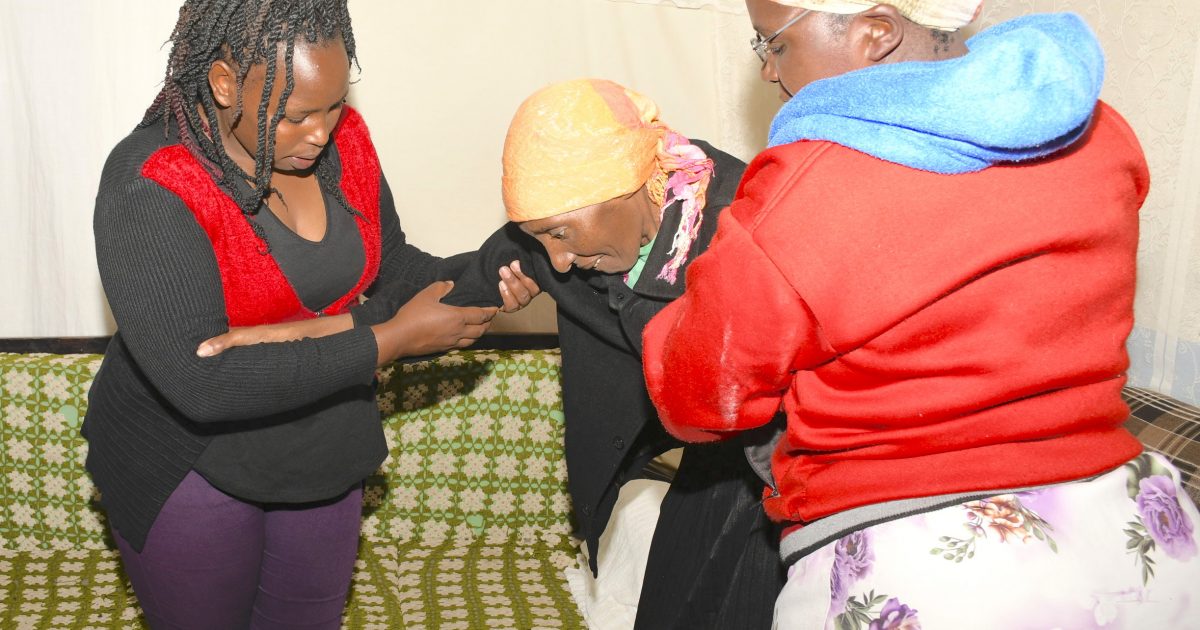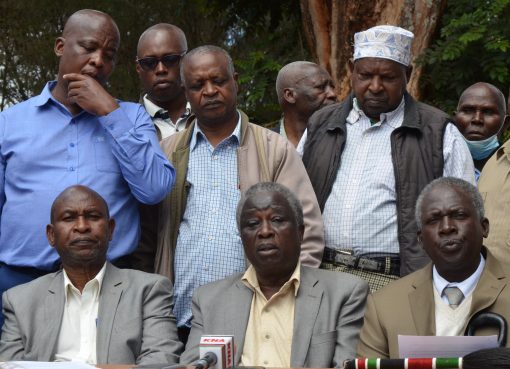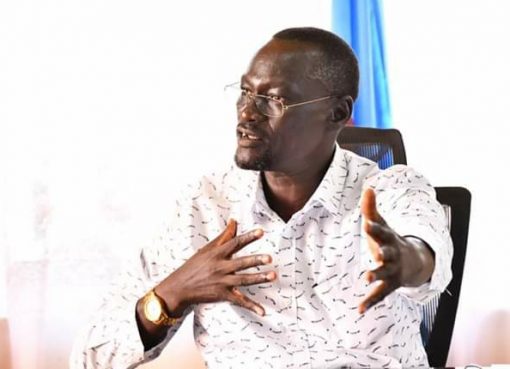For years, the Cancer burden continues to inflict pain and loss to many, both young and old pushing families into financial distress as cost of treatment and therapy keep skyrocketing.
In Kenya, cancer is estimated to be the third leading cause of deaths after infectious and cardiovascular diseases according to data from the Health Ministry.
In a research carried out in 2018 by the International Agency for Research in Cancer, 47,887 new cases of cancer are detected annually with a mortality of 32,987.
The data showed an increase of 27 per cent in cancer cases as compared with a 2012 report which indicated 37,800 new cases and an annual mortality of 28,500.
As statistics of new cases and mortalities grow, any news of a family member being diagnosed with cancer sends shivers down people’s spines. Fears of death knocking on their doorstep.
This fear has lived with Margaret Njoki for the last three years now, having been diagnosed with a cancerous tumor on her right thigh.
Njoki, a single mother of five says she was shocked when in 2018, doctors at the Naivasha Level IV hospital diagnosed the tumor after a brief normal visit to the facility.
One year later, after marshaling enough funds, she underwent her first successful operation at the same hospital.
Njoki felt relieved after the operation and as she recuperated at her Githarane home in Longonot, 15 Km off Naivasha town, she was anxious to get back to normal self and embark to her daily activities.
But to her surprise, in 2020, the tumor re-occurred on the same thigh, this time with a sharp, severe pain.
Njoki was later referred to Kenyatta level VI Hospital for chemotherapy sessions where she had to foot a bill of sh.86, 000 every month.
She could only manage a few sessions before coffers ran dry, turning to neighbours and well-wishers to help clear the accumulating bills.
They, too, could not handle it. They grew weary while others just did not have finances to spare to help her. For this, Njoki missed the crucial chemotherapy sessions to suppress the cancer cells as well as visits to clean up the wound.
As a result, her condition deteriorated and she developed walking difficulties. She now turned to over-the-counter painkillers to numb the pain.
But before they completely lost hope, a family member decided to reach out to Dr Samuel Mwaura, Nakuru County nominee for health, who then arranged for their meeting with the Governor Susan Kihika.
The governor promised to cater for both her radiotherapy and chemotherapy treatment at Nakuru level V hospital cancer wing and other hospital bills until Njoki’s full recovery.
This, according to her, was the best news she had received in a long time.
“I wish to thank Susan Kihika, the Nakuru Governor for coming to my aid,” said Njoki as she was chauffeured into the hospital ambulance.
For decades, cancer patients in the country could only receive cancer care and treatment in Nairobi or abroad with cost way above reach for many leading to many preventable deaths.
But thanks to the government commitment to improve care and access, the health ministry set up 10 regional cancer care centers which currently, caters for 40 per cent of cancer patients.
The government has also enlisted cancer treatment and therapy sessions in the National Health Insurance Fund [NHIF], all geared towards lowering the cost of receiving care for the underprivileged.
According to Mary Njoki, one of her daughters, the family had been overwhelmed by the hospital bills, unable to act as they watched their mother writhe in pain.
“We are glad to see our mother receive the specialized care she so much needed,” she said.
By Erastus Gichohi





